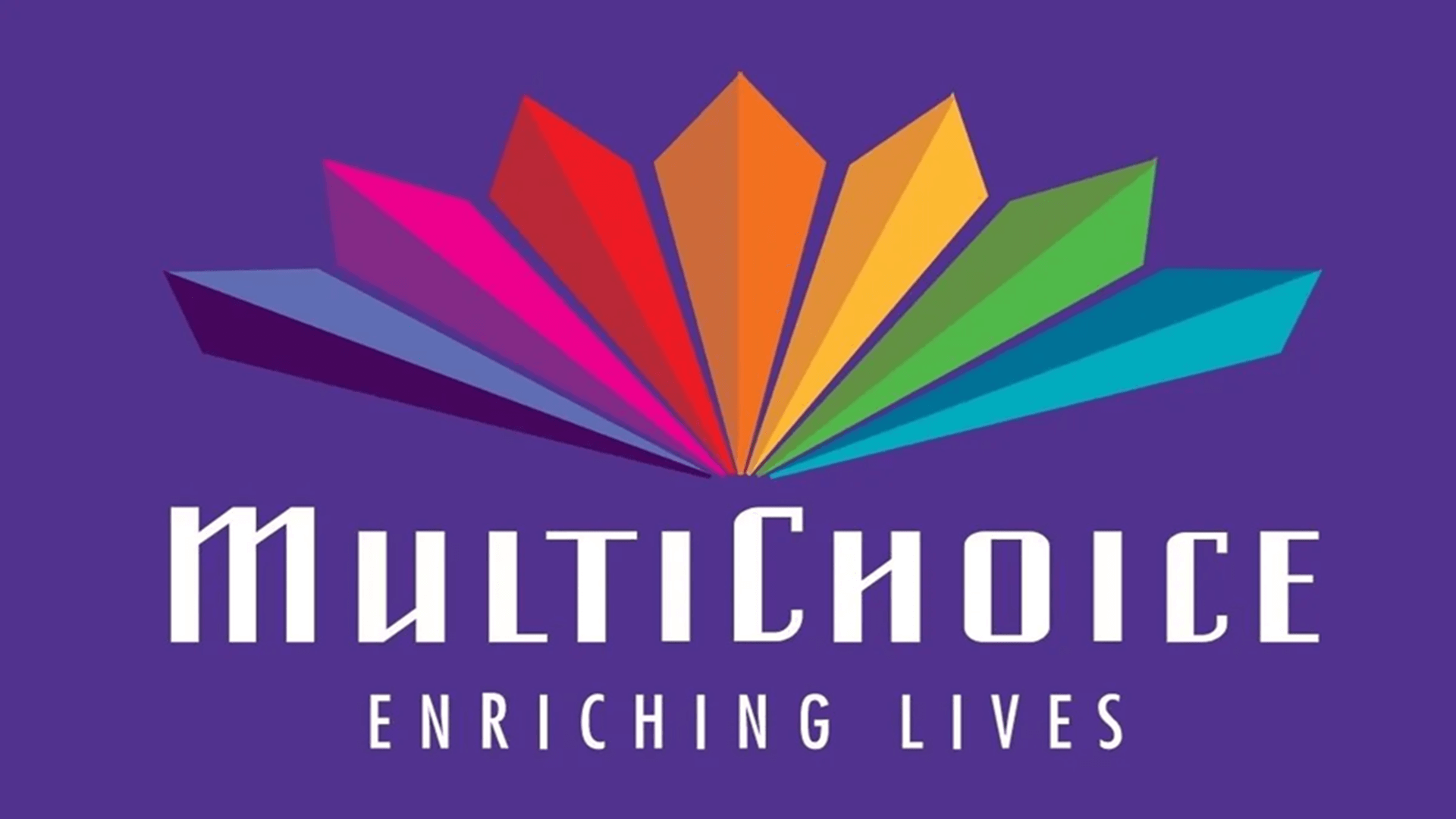MultiChoice Africa Loses Bid to Lower VAT Obligations After Tribunal Ruling
The Tax Appeals Tribunal has dismissed a lawsuit filed by MultiChoice Africa Holdings BV in its dispute with the Kenya Revenue Authority (KRA). The case centered on KRA’s decision to disallow input tax claims, resulting in a demand for over KSh 681 million (approximately $5.2 million USD) in taxes, penalties, and interest. The ruling marks a significant setback for MultiChoice, the parent company of popular pay-TV services DStv and GOtv, as well as the streaming platform Showmax.
The dispute spans the period from January 2021 to June 2023, during which MultiChoice Africa provided digital entertainment services to Kenyan consumers. The company, through its local tax representative, MultiChoice Kenya, complied with VAT registration requirements and filed returns, claiming input tax deductions for VAT paid on goods and services used in its operations. Input tax refers to the value-added tax a business pays on its purchases, which can typically be deducted from the VAT collected on sales. However, the KRA rejected MultiChoice’s input tax claims, arguing that the company’s services—such as DStv’s satellite offerings and Showmax’s streaming platform—fall under the category of business-to-consumer (B2C) transactions on a digital marketplace. According to Regulation 11 of the 2020 VAT Regulations, input tax deductions are not permitted for such transactions. The KRA subsequently issued an assessment disallowing the claimed input tax and demanded KSh 681 million, covering unpaid VAT, penalties, and interest.
MultiChoice contested the KRA’s decision, asserting that it was fully compliant with Kenyan VAT laws and entitled to claim input tax. The company argued that its appointment of MultiChoice Kenya as its local tax agent and adherence to statutory obligations supported its position. The Tax Appeals Tribunal upheld the KRA’s assessment, ruling that MultiChoice’s services, including satellite TV and streaming, are digital in nature and fall under Section 5(7)-(9) of the VAT Act. The tribunal cited the 2020 VAT Regulations, which define taxable supplies through a digital marketplace as including over-the-top (OTT) services such as streaming television shows, films, music, podcasts, and other digital content. As a result, the tribunal concluded that the KRA was justified in disallowing MultiChoice’s input tax claims, stating, “A deduction of input tax by a supplier shall not be allowed for business-to-consumer transactions for a supply on a digital marketplace.” The tribunal further clarified that the nature of MultiChoice’s services placed them squarely within the scope of digital marketplace transactions, where input tax deductions are restricted under Kenyan law.
The ruling poses significant financial and operational challenges for MultiChoice Africa, which is already navigating a difficult economic environment. The company, a major player in the African media landscape, operates DStv and GOtv across multiple countries and has been expanding its streaming platform, Showmax, to compete with global players like Netflix. The additional tax burden of over KSh 681 million could strain its finances, particularly in light of recent operational difficulties. In its 2024/2025 financial year, MultiChoice reported a 19% decline in subscriptions in Kenya and a KSh 12 billion loss for the half-year, driven by factors such as inflation, currency depreciation in key markets like Nigeria, and power outages in South Africa. The company has also faced scrutiny for price hikes on its DStv and GOtv packages, which have contributed to subscriber losses as consumers shift to cheaper alternatives or free-to-air platforms.
This ruling comes amid increasing regulatory scrutiny of digital services in Kenya and across Africa. The KRA has been intensifying efforts to enforce VAT compliance on digital marketplaces, particularly for multinational companies offering streaming and digital content. The 2020 VAT Regulations reflect Kenya’s push to capture tax revenue from the growing digital economy, with specific provisions targeting B2C transactions on platforms like Showmax. The decision also aligns with global trends in taxing digital services. Many countries, including Kenya, have introduced measures to ensure that foreign companies providing digital services to local consumers comply with local tax obligations. For MultiChoice, this ruling underscores the complexities of operating in multiple jurisdictions with varying tax regimes.
MultiChoice Africa has not yet publicly announced whether it will appeal the tribunal’s ruling. However, the company’s history suggests it may pursue further legal action, as seen in a similar 2021 tax dispute in Nigeria, where MultiChoice appealed a $342 million VAT ruling at the Federal High Court after losing at the Tax Appeal Tribunal. For now, the KRA’s victory reinforces its authority to enforce VAT regulations on digital services, potentially setting a precedent for other media and tech companies operating in Kenya. As MultiChoice navigates this setback, it must balance compliance with tax obligations while addressing subscriber declines and competitive pressures in the rapidly evolving African media market.


